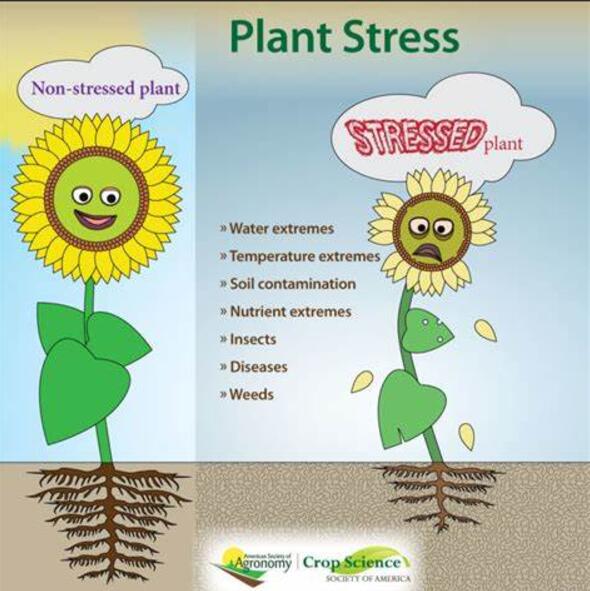Integrative approaches to enhance reproductive resilience of crops for climate-proof agriculture
IF 6.8
Q1 PLANT SCIENCES
引用次数: 0
Abstract
Worldwide agricultural systems are threatened by rising temperatures, extreme weather events, and shifting climate zones. Climate change-driven failure in sexual reproduction is a major cause for yield reduction in horticultural and grain crops. Consequently, understanding how climate change affects reproductive processes in crops is crucial for global food security and prosperity. The development of climate-proof crops, including maize, wheat, barley, rice, and tomato, requires new genetic material and novel management practices to ensure high productivity under less favorable conditions. Safeguarding successful plant reproduction is challenging due to the complex nature of this biological process, and therefore, a multifaceted approach is the key to success. In this review, we provide an overview of the processes underlying plant reproduction and how they are affected by different abiotic stresses related to climate change. We discuss how genetics, advanced breeding technologies, biotechnological innovations, and sustainable agronomic practices can collectively contribute to the development of resilient crop varieties. We also highlight the potential of artificial intelligence (AI) in optimizing breeding strategies, predicting climate impacts, and improving crop management practices to enhance reproductive resilience and ensure food security. Lastly, we discuss the vision of a new era in agriculture where diverse actors and stakeholders cooperate to create climate-proof crops.
求助全文
约1分钟内获得全文
求助全文
来源期刊

Plant Stress
PLANT SCIENCES-
CiteScore
5.20
自引率
8.00%
发文量
76
审稿时长
63 days
期刊介绍:
The journal Plant Stress deals with plant (or other photoautotrophs, such as algae, cyanobacteria and lichens) responses to abiotic and biotic stress factors that can result in limited growth and productivity. Such responses can be analyzed and described at a physiological, biochemical and molecular level. Experimental approaches/technologies aiming to improve growth and productivity with a potential for downstream validation under stress conditions will also be considered. Both fundamental and applied research manuscripts are welcome, provided that clear mechanistic hypotheses are made and descriptive approaches are avoided. In addition, high-quality review articles will also be considered, provided they follow a critical approach and stimulate thought for future research avenues.
Plant Stress welcomes high-quality manuscripts related (but not limited) to interactions between plants and:
Lack of water (drought) and excess (flooding),
Salinity stress,
Elevated temperature and/or low temperature (chilling and freezing),
Hypoxia and/or anoxia,
Mineral nutrient excess and/or deficiency,
Heavy metals and/or metalloids,
Plant priming (chemical, biological, physiological, nanomaterial, biostimulant) approaches for improved stress protection,
Viral, phytoplasma, bacterial and fungal plant-pathogen interactions.
The journal welcomes basic and applied research articles, as well as review articles and short communications. All submitted manuscripts will be subject to a thorough peer-reviewing process.
 求助内容:
求助内容: 应助结果提醒方式:
应助结果提醒方式:


